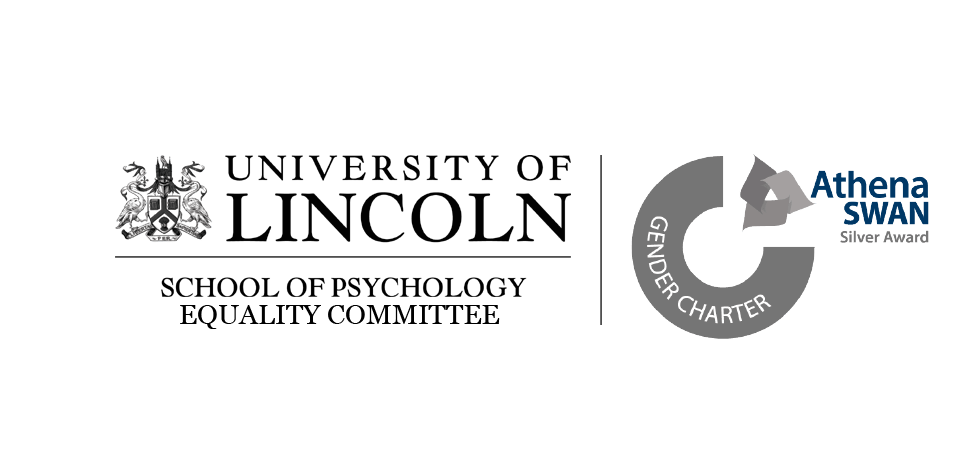Have a suggestion for how we can improve?
Want to commend someone for good practice?
Want to report something to the committee?
You can do so anonymously here.
What is the School of Psychology Equality and Equity Committee?
The School of Psychology Equality Committee is the School’s body for Equality, Diversity and Inclusion, and provides a forum for discussing, developing and implementing EDI best practice. As a part of this, we are engaged with the Equality Challenge Unit’s Athena SWAN Charter, and Race Equality Charter.
The Athena SWAN Charter was established in 2005 to recognise advancement of gender equality, representation, progression and success for all, and to encourage and recognise commitment to advancing the careers of women in science, technology, engineering, maths and medicine (STEMM) employment in higher education and research. In May 2015 the charter was expanded to recognise work undertaken in arts, humanities, social sciences, business and law (AHSSBL), and in professional and support roles, and for trans staff and students. The charter now recognises work undertaken to address gender equality more broadly, and not just barriers to progression that affect women.
The School of Psychology at Lincoln successfully applied for the Athena SWAN Bronze award in April 2016, and we were awarded Athena SWAN Silver in 2020. This award demonstrates the School commitment to gender equality across all facets of university life.
